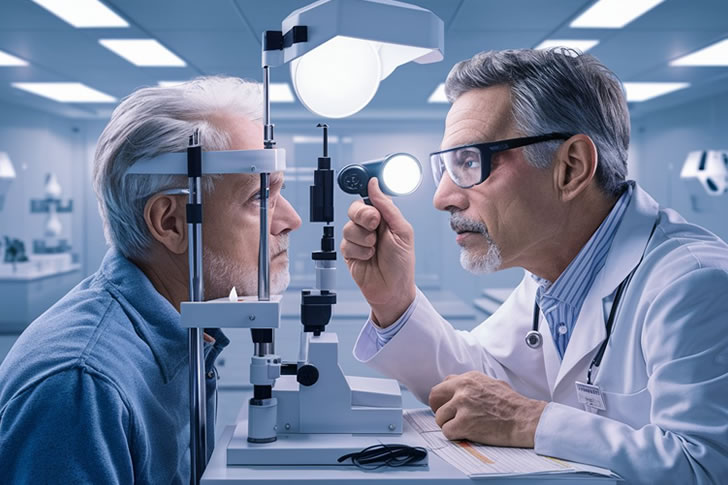Highly-Rated Eye Care Specialists And Eye Doctors Are Available
Eye health is a vital part of overall well-being. Good eye doctors not only correct vision issues but also detect early signs of eye diseases and conditions. We’ve carried out detailed research to provide insights into finding the highly-rated eye doctors in your area.



Recent Comments